TMD/ TMJ
TMD/TMJ Disorders and Treatments
TMJ disorders
are complications associated with the temporomandibular
joint of the jaw. This complex joint disorder
can cause chronic pain and symptoms
that make every day chewing quite painful or difficult. The symptoms of TMJ disorders vary from patient to patient, with some reporting pain that comes and goes and others describing symptoms that persist chronically for many years. The pain can be caused by joint dysfunction and/or in combination with spasms and aching from the muscles that facilitate mouth opening and closing.

TMD (temporomandibular joint dysfunction) can be difficult to diagnose because the symptoms mimic many other disorders. Studies have confirmed that people who suffer from migraine pain and chronic headaches clench their jaws in balanced, centered positions. This causes extremely intense muscular contraction but little strain on the jaw. Nighttime jaw clenching usually goes unnoticed as well by patients- but this sets the stage for migraine pain and chronic headache pain as well as damage to teeth.
TMD/TMJ disorders can occur at any point in life, but that they are most commonly diagnosed in young adults between the ages of 20 and 40 years old. The American Association of Oral and Maxillofacial Surgeons also report that TMJ disorders are far more common among women than men. Though there is no way of knowing exactly how many people suffer from TMJ disorders (many go undiagnosed), the National Institute of Dental and Craniofacial Research estimates that approximately 10 million people in the U.S. currently suffer from TMJ conditions. Destruction to your teeth is another coincident result of clenching and grinding. Teeth can break or fracture due to clenching/grinding and also wear down over time. This wear may cause sensitivity due to the loss of enamel. Also, the teeth will become weaker from the loss of tooth structure from grinding.
Symptoms of TMD/TMJ disorders
Dr. Binninger can diagnose if you are suffering from a TMJ disorder, but there are some signs and symptoms that could indicate the need to visit Binninger Family Dentistry as soon as possible:
- Your jaws ‘pop’ in and out of place
- Your mouth and face are sore in the mornings when you first wake up
- Your jaws get stuck in certain positions
- You cannot open your mouth very wide
- You hear grating or popping sounds when chewing your food or speaking and have pain
- You have swelling on one or both sides of your face
- You have pain in your face, neck or shoulders when speaking, eating or opening your mouth
- You have chronic headaches or upper shoulder pain
- You frequently experience dizziness
- You have problems with your ears, such as earaches, ringing, or difficulty hearing
What should I expect during TMD/TMJ Grinding/Clenching treatment?
If you are diagnosed with a TMJ disorder, your treatment experience will vary based on the severity of your diagnosis. The most appropriate and commonly prescribed initial treatment for this disorder is a night guard appliance. There are various types of appliances and the dentist will decide which one will be best based on your symptoms. This appliance is often covered by insurance and is easily made with a few impressions - no shots or anesthetic is needed.
Lifestyle changes to help alleviate TMD/TMJ
TMJ disorders are often exacerbated by stress and the habits that form as a result of stress. For example, if you have a tendency to clench your jaw or grind your teeth when under stress, you may find that your TMJ symptoms worsen during those times. Dr. Binninger may recommend taking steps to reduce your stress levels, such as physical exercise, breathing exercises, and stretches. Also, patients who suffer from TMD/TMJ often experience relief by changing their eating habits: taking smaller bites and avoiding chewy foods. Warm, moist heat applied to the sore area may help alleviate pain as well as avoiding wide opening when possible.





